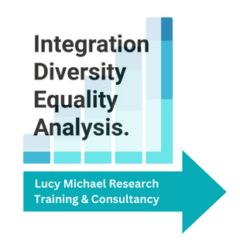
Across Europe, institutionalisation of disabled people persists and although there is wider recognition of the higher risk to violence and abuse persons with disabilities might face in institutional settings, violations remain largely undocumented. There is also a distinct lack of evidence on the EU level of existing oversight, monitoring and enforcement mechanisms.
The UN Convention (CRPD)
The UN Convention on the Rights of People with Disabilities (CRPD) enshrines for disabled people the right to live in the community, to choose where they live and with whom, and to have access to a range of support services which prevent isolation or segregation.
The CRPD explicitly requires States to ensure that a disability is not used as justification to deprive a person their liberty and also requires States to take all measures to ensure that people with disabilities are protected from torture, cruel, inhuman or degrading treatment, violence, abuse and exploitation.
Desk research
Desk research has been completed for a preliminary report, gathering information on:
- safeguards and legal and policy provisions aimed at the respect, protection and fulfilment of fundamental rights in institutional care
- scope and nature of monitoring carried out by public regulators and independent monitoring by national human rights bodies
- availability and function of complaints procedures
- existing evidence, data and research.
Interviews
Ireland has been selected as one of just 8 EU countries for a fuller examination, in order to capture the views and experiences of disabled people living in institutions (or who have lived in institutions), as well as practitioners and policymakers in this area who can contribute further regarding safeguard mechanisms and monitoring.
Fieldwork was completed in summer 2024.
The research team
The research is led by Dr Lucy Michael and Dr Rosaleen McDonagh, under the guidance and direction of the EU Fundamental Rights Agency.
